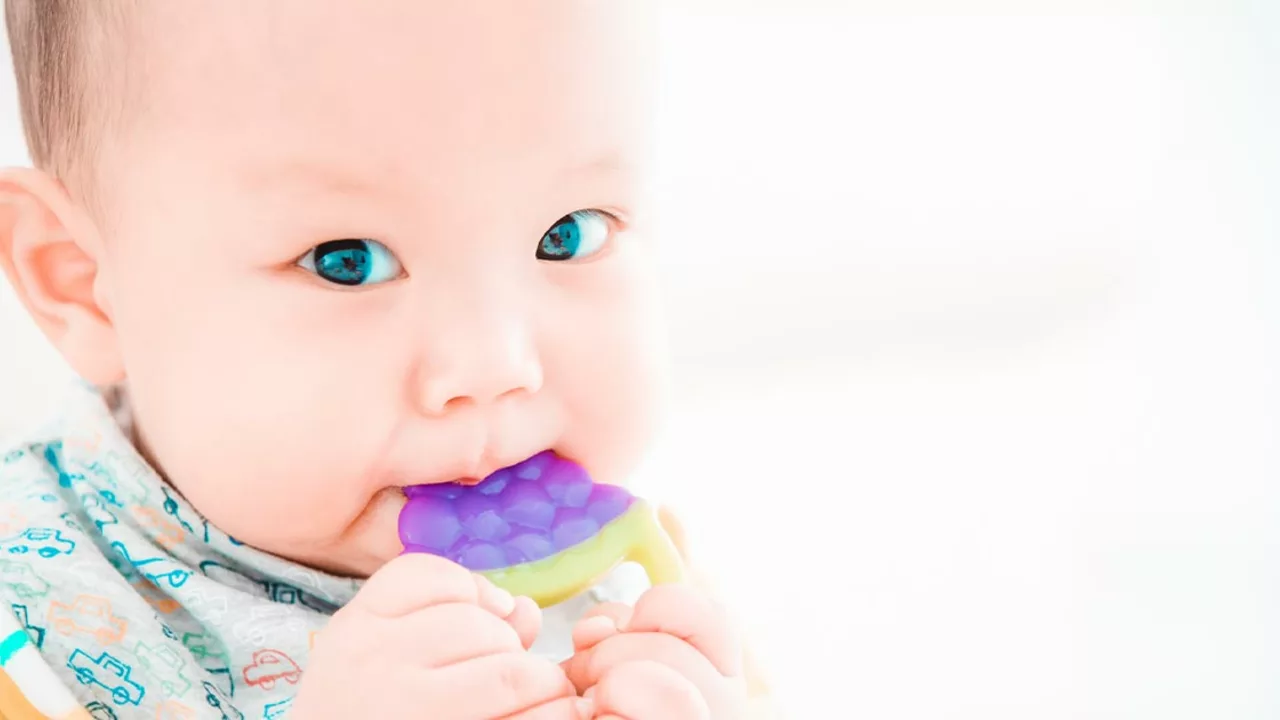Baby's teething pain: what to expect and how to help
Teething is one of those messy, noisy milestones that every parent remembers. It usually starts around 4–7 months but can vary. You’ll notice drooling, extra chewing, crankiness, and sore gums. Those signs are normal. Major illness—high fever, long-lasting diarrhea, or very poor feeding—usually isn’t caused by teething and needs a doctor’s check.
What to expect
Teeth often come in pairs and can take days to push through. Before a tooth appears you might see swollen, red gums and a baby who wants to chew everything. Some babies barely notice; others get fussy for a day or two. Low-grade temperature (a bit of warmth) is common, but a true fever (over 100.4°F / 38°C) or prolonged symptoms means call your pediatrician.
Quick, safe relief
Try these easy, low-risk fixes first. Cold helps. Give a chilled (not frozen) silicone teething ring, a clean cool washcloth, or a chilled spoon to chew on. The cold numbs the gum and reduces inflammation. Gentle gum massage with a clean finger also works—apply light pressure where the tooth is coming through.
Comfort matters. Extra cuddles, shorter naps in a strange place, or nursing/feeding for comfort can calm your baby. Avoid teething necklaces and cords—they’re a choking and strangulation hazard. Don’t use homeopathic teething tablets that have inconsistent ingredients. Also avoid topical benzocaine products—the FDA warns against them for babies.
If your baby seems to need more than comfort, ask your pediatrician about acetaminophen or ibuprofen. These medicines can help with pain and sleep. Follow the exact dosing your doctor or the medicine label gives based on weight and age. Don’t give aspirin to babies or young children.
Be careful with crunchy teething biscuits and hard foods. They can help some babies but can also be a choking risk, especially once babies bite off pieces. Always supervise and choose age-appropriate options.
When to call the doctor: if your baby has a high fever, persistent diarrhea, refuses to eat or drink, has signs of dehydration, bleeding gums, or swelling that looks infected (warm, red, spreading), seek medical advice quickly. Also call if over-the-counter pain relief doesn’t work or if you’re worried about any behavior change.
Small wins add up. A chilled ring, a short gum rub, extra cuddles, and safe medicine when needed usually get most babies through the worst days. You’ll both come out the other side with a new smile—and fewer sleepless nights ahead.
